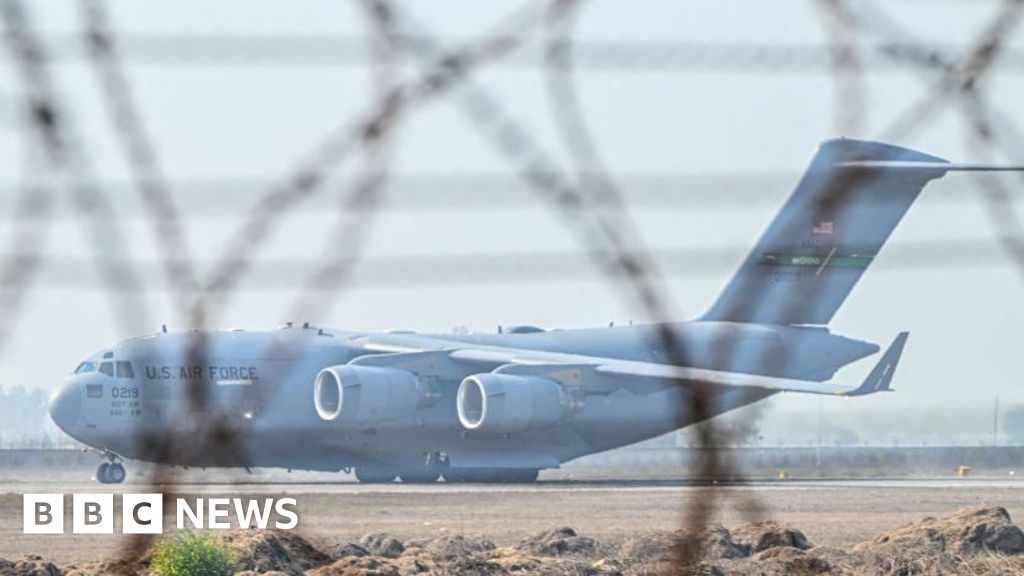US Supreme Court Ruling Impacts Migrants to South Sudan
The decision has significant implications for migrants facing deportation to countries like South Sudan, where they may face significant risks to their safety and well-being. Immigration advocates and liberal justices have expressed strong opposition to the ruling, arguing that it undermines critical due process protections and may lead to harm for thousands of immigrants.

The US Supreme Court has allowed the Trump administration to resume deporting migrants to countries other than their homeland, including South Sudan, without providing them a chance to argue they could face torture or killing in a third country. This decision reverses a lower court order that required migrants to be given a "meaningful opportunity" to express concerns about potential risks. The ruling is seen as a victory for the Trump administration's efforts to increase deportations.
The 6-3 decision was criticized by the court's three liberal justices, who called it a "gross abuse" and "rewarding lawlessness". The ruling allows the Trump administration to deport migrants without providing them with a chance to argue they could face torture or killing in a third country. This decision comes after the court allowed the president to end Temporary Protected Status for Venezuelan nationals and temporarily pause a humanitarian program for migrants from several countries.
The Supreme Court's decision pauses a decision from US District Judge Brian Murphy, which found that the government's efforts to deport migrants to third-party countries without due process "unquestionably" violated constitutional protections. The ruling has been met with criticism from immigrant rights groups, who argue that it will lead to the deportation of migrants to countries where they may face torture and death.
The US Supreme Court's decision does not resolve the underlying legal questions, but rather allows the administration to continue the policy while the legal challenge moves through the lower courts. The administration can now quickly remove immigrants to third countries, including South Sudan, while affected immigrants can still attempt to bring individual claims. The ruling has been criticized by liberal justices and immigration advocates, who argue it strips away critical due process protections and will lead to harm for thousands of immigrants.